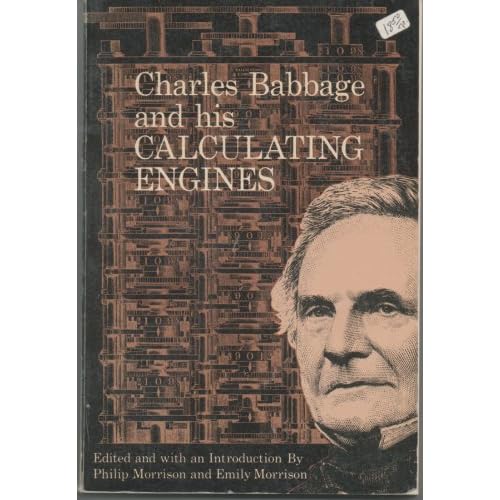Kurt W. Beyer: Grace Hopper and the Invention of the Information Age (2009)
Filed under book | Tags: · computing, history of computing, history of technology, programming, technology

A Hollywood biopic about the life of computer pioneer Grace Murray Hopper (1906–1992) would go like this: a young professor abandons the ivy-covered walls of academia to serve her country in the Navy after Pearl Harbor and finds herself on the front lines of the computer revolution. She works hard to succeed in the all-male computer industry, is almost brought down by personal problems but survives them, and ends her career as a celebrated elder stateswoman of computing, a heroine to thousands, hailed as the inventor of computer programming. Throughout Hopper’s later years, the popular media told this simplified version of her life story. In Grace Hopper and the Invention of the Information Age, Kurt Beyer goes beyond the screenplay-ready myth to reveal a more authentic Hopper, a vibrant and complex woman whose career paralleled the meteoric trajectory of the postwar computer industry.
Hopper made herself “one of the boys” in Howard Aiken’s wartime Computation Laboratory at Harvard, then moved on to the Eckert and Mauchly Computer Corporation. Both rebellious and collaborative, she was influential in male-dominated military and business organizations at a time when women were encouraged to devote themselves to housework and childbearing. Hopper’s greatest technical achievement was to create the tools that would allow humans to communicate with computers in terms other than ones and zeroes. This advance influenced all future programming and software design and laid the foundation for the development of user-friendly personal computers.
Publisher MIT Press, 2009
Series: Lemelson Center Studies in Invention and Innovation
ISBN 026201310X, 9780262013109
389 pages
PDF (updated on 2012-7-25)
Comment (1)Philip Morrison, Emily Morrison (eds.): Charles Babbage and his Calculating Engines (1961)
Filed under book | Tags: · computing, history of computing, history of technology, technology

Selected writings by Charles Babbage and others.
Publisher Dover Publications, 1961
Dover Histories and Classics of Science series
ISBN: 0486200124, 9780486200125
400 pages
PDF (DJVU; no OCR; updated on 2012-7-25)
Comment (1)Bruce Collier, James H. MacLachlan: Charles Babbage and the Engines of Perfection (1998)
Filed under book | Tags: · computing, history of computing, history of mathematics, history of technology, mathematics, technology

Charles Babbage, “the grandfather of the modern computer,” did not live to see even one of his calculating machines at work. A dazzling genius with vision extending far beyond the limitations of the Victorian age, Babbage successfully calculated a table of logarithms during his years at Cambridge University, allowing mathematical calculations to be executed with extreme precision. Only the possibility of human error prevented complete accuracy, and Babbage understood that the only way to attain perfection is to leave the human mind entirely out of the equation. He devoted most of his life and spent most of his private fortune and government stipend trying to improve his difference engines and analytical engines.
Bruce Collier and James MacLachlan chronicle Babbage’s education and scientific career, his remarkably active social life and long string of personal tragedies, his forays into philosophy and economics, his successes and failures, and the biggest disappointment of his life– his ingenious inventions were centuries ahead of the primitive capabilities of Victorian technology.
Publisher Oxford University Press, 1998
Oxford Portraits in Science series
ISBN 0195089979, 9780195089974
123 pages
PDF (updated on 2012-7-25)
Comment (1)
